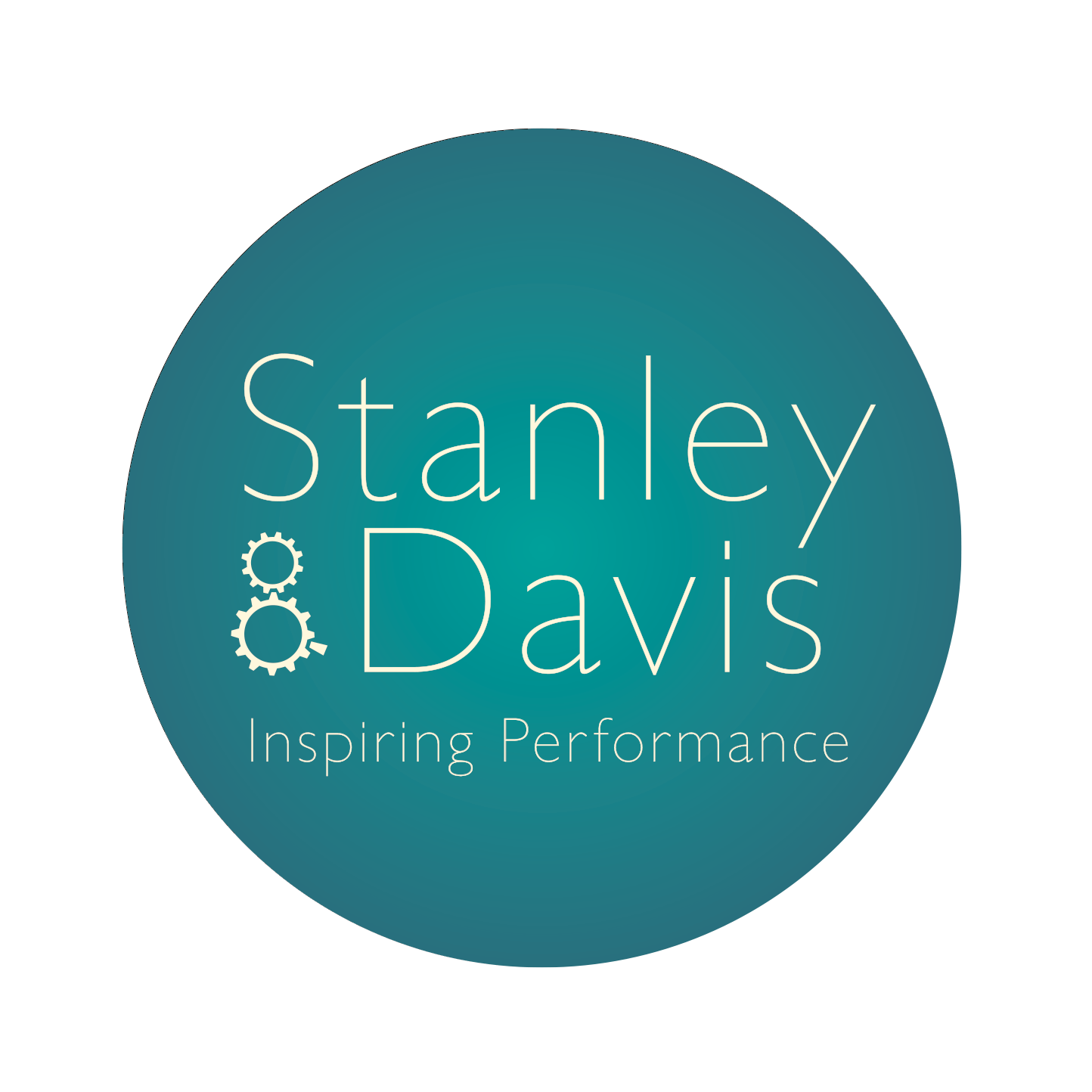The benefits of asking for feedback
Improving communication and self awareness is really important for managers and their teams - the more that you know about yourself the better you can work effectively as part of a team, communicate and avoid conflict and confusion.
The Johari Window, which was first published in 1955 by Joseph Luft and Harry Ingram, is a great way to demonstrate the benefits and impact of getting feedback.
The Johari Window is split into four panes. Each pane represents their visibility to the individual and/or the other members of the group or team.
The panes are split into areas that you know about yourself and areas that others know about you.
The Arena = this area is the information that you know about yourself and that other people also know about you. This area gets bigger as you get to know people better.
The Blind Spot = this pane represents the things that people know about you - but you don’t know them about yourself.
The Facade = these are things that you know about yourself but the group or others do not know. If you are part of a new group or in a new job this area will be larger until people get to know you.
Unknown = This is the section populated by characteristics that neither the group recognise in you, nor do you recognise in yourself.
The more that others know about you (the arena) and the better you understand yourself, the more effective working together becomes.
The Johari Window is about getting everybody on the same page. Your aim should be to expand your arena - this is the most productive and effective area in which to be working.
So the easiest way to expand your arena and reduce your blind spot is by asking for feedback - you will learn things about yourself and how others perceive you, that you didn’t know. You can also expand your arena by:
Telling people things about you that they didn’t know (reduces the facade)
Taking on new challenges or projects (reduces the unknown)
All these things can benefit your self development, help with your communication and understanding and have a positive impact on interpersonal relationships.
When people understand each other better, they can work more effectively together!


